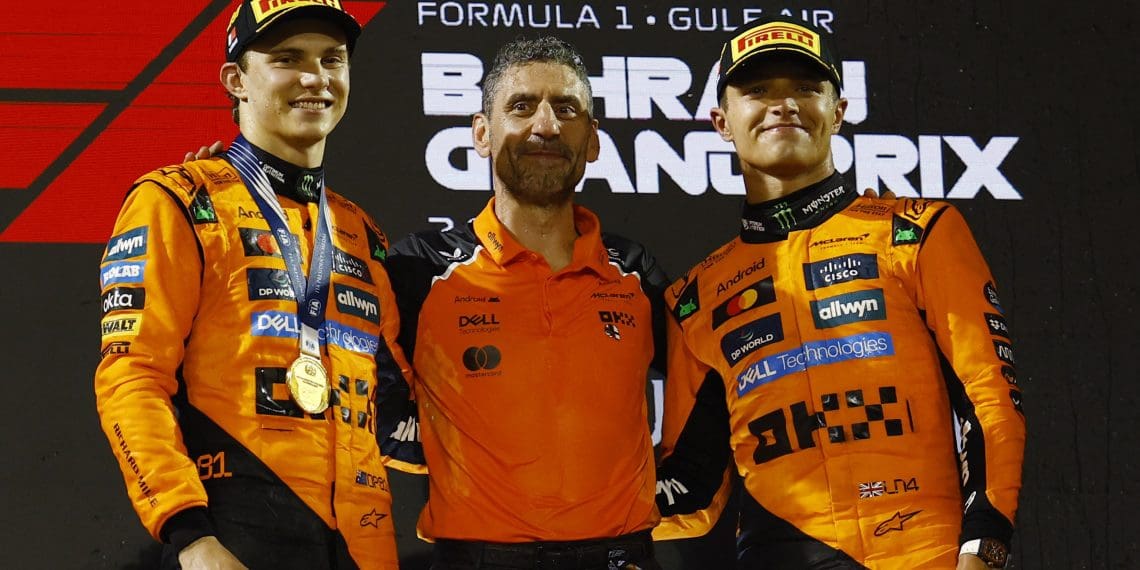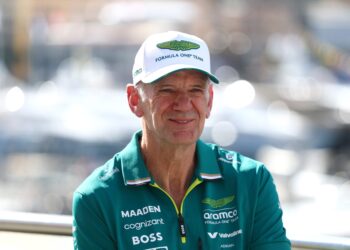In the cutthroat world of Formula 1, the contrasting approaches of Lando Norris and Oscar Piastri have sparked a heated debate among fans and experts alike. While Norris wears his emotions on his sleeve, Piastri exudes a calm and collected demeanor that has earned him praise from the likes of Max Verstappen. But does this difference in mindset indicate strength or weakness on the racetrack?
Critics have been quick to pounce on Norris for his visible displays of frustration and self-criticism, with some even going as far as accusing him of ‘choking’ under pressure. After recent races where mistakes cost him the championship lead, Norris’ somber mood and candid self-assessment have raised concerns about his mental fortitude in the title race.
On the other end of the spectrum, Piastri’s cool and composed attitude has garnered admiration from his peers, including Verstappen, who commended the young driver for his steady and error-free performances. Managed by former F1 driver Mark Webber, Piastri’s approach to racing reflects a calculated focus on maintaining peak performance by channeling his energy effectively.
The stark disparity between Norris and Piastri’s reactions to setbacks begs the question: which mindset is more conducive to success in the high-stakes world of Formula 1? While some argue that a tough exterior is necessary to thrive in the competitive environment of motorsport, others believe that vulnerability and self-awareness can also be assets in a sport where split-second decisions can make or break a race.
As the championship battle heats up, all eyes will be on Norris and Piastri to see how their contrasting mindsets impact their performance on the track. Whether it’s the ‘leaky’ emotions of Norris or the poker-faced composure of Piastri that ultimately prevails, one thing is certain – the psychological game in Formula 1 is just as important as the physical one.









